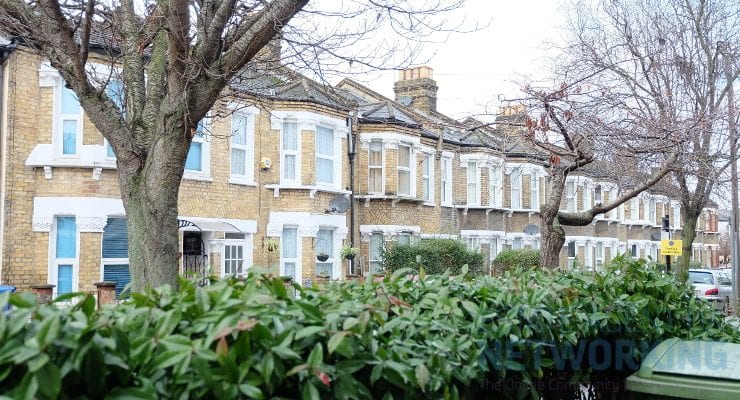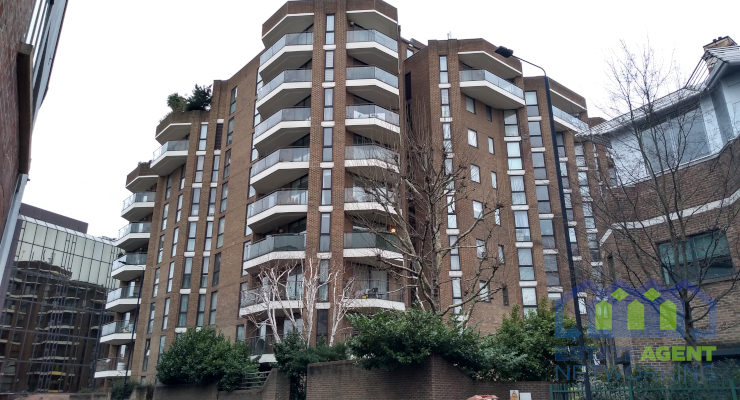Are People Panicking Unnecessarily About Commercial Property?
There is certainly no shortage of worries about the future of the UK’s commercial property market right now. After a few years of strong performance, the public vote in favour of leaving the European Union threw the whole sector into doubt more or less overnight.
Depending on where exactly you look, the sentiment surrounding the UK commercial property market right now seems to vary between anxious uncertainty and outright panic. Many investors, from individuals, right up to major institutions, have abruptly ceased commercial sector activity on the grounds that they have very little idea what is going to happen and fear it might be bad. A great many others have hurried to flee commercial property altogether, forcing many high-profile funds to initiate lock-ins as they found their cash buffers rapidly exhausted and crowds of panicked investors still clamouring to withdraw. Unsurprisingly given this backdrop, data has shown the volume of commercial property investment in the UK falling since the polls closed and the referendum result was announced.
But is all of this fear and panic being overdone? With the commercial property market having been so strong, delivering consistent double-digit returns for the past several years, and then thrown into doubt so suddenly, the situation is undoubtedly one with its fair share of shock factor. However, the sharp reaction this shock has initially provoked may not be fully backed up by the real substance of Brexit’s implications.
In spite of all the uncertainty of what exactly the effect of leaving the European Union will be on the property market, the foundation on which the sector stands remains strong. In particular, it is important to note that the vast majority of commercial tenants do not seem to be going anywhere as a result of the vote, and where there are tenants there is of course a market. Take, for example, the Threadneedle UK Property Authorised Investment Fund. Of all the tenants in this fund’s sizeable collection of commercial properties who have had a contractual break in the period of time since the referendum, 90% elected to stay just where they were. While investors feared that a vote in favour of Brexit may have a similar effect to the 2008 crisis, which saw tenants leaving commercial premises on a large scale, the reality seems to be very different this time around.
Reports from such funds also indicate that average sales of properties are barely down compared to before the referendum. Yields, meanwhile, may have dropped out of double digits but remain respectable and, crucially, positive.
It seems quite possible that, rather than triggering real problems for the commercial market, Brexit has simply been the catalyst for a correction. The sector has been performing very well for several years, and with low interest rates and poor yields from gilts many investors have been maintaining a larger presence in the market than usual. A correction may well have been due before too long, and it is not a great stretch to believe that fears about Brexit have served to simply bring this forward.









